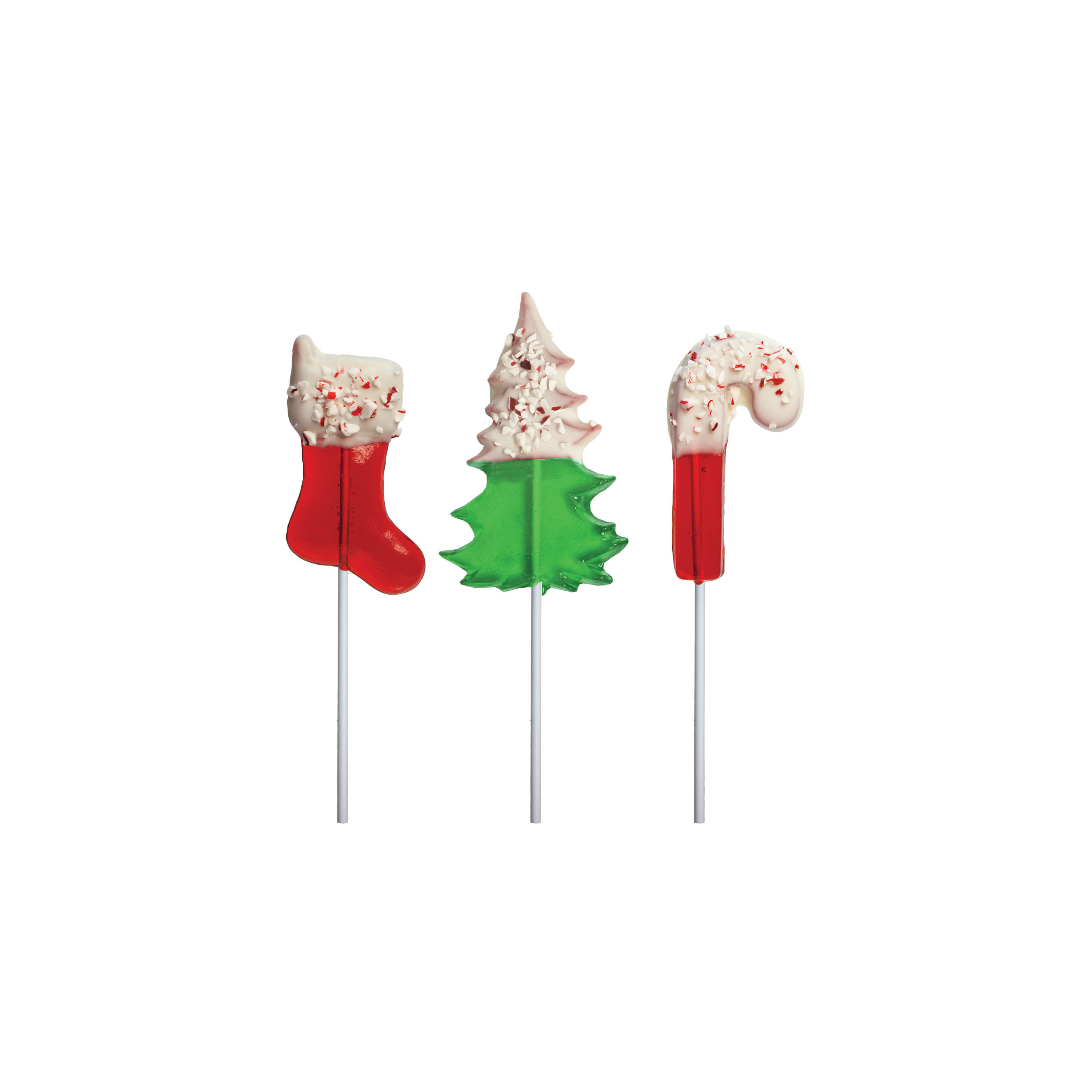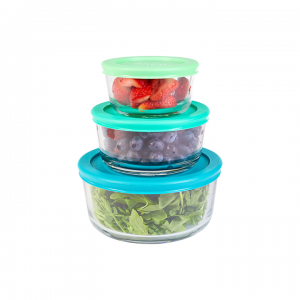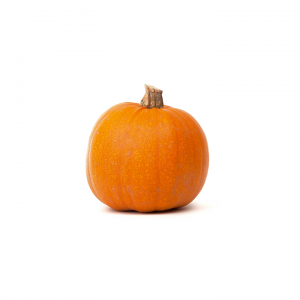People tend to be fixated on over-eating and their weight during the holidays, however, the majority of dietitians would agree that it’s very unrealistic to expect to lose weight during this festive season. There are many cliché-type tricks this time of year such as, Eat before you go to the party and then you won’t eat at the party. (Yeah, right. What really happen is we just eat twice). Or there’s the classic, Fill up on the vegetables first at the food buffet. (At least with this one you will get some nutrients, but overall calories may not be any lower just because someone starts the meal with the vegetables). This does not mean that we all can’t be healthy over the holidays, it just means we might change the way we think a little during this time of food-centered festivities, to help create balance a different way.
The first step is setting goals that are Specific, Measurable, Achievable, Relevant, and Time-bound (aka: SMART). If all these components are applied to a goal, you are more likely to reach it. For example, I would like to exercise more to help balance this holiday health seesaw. To make that happen in accordance with SMART goals, I might assign myself a one-minute plank first thing in the morning, ten times, and jogging for two miles, seven times in the next three weeks. Then on January 1 I look back and see how I did. I gave myself very specific guidelines, I can measure it by how many times I do these activities, it is within my ability to achieve, it is relevant to my overarching larger goals to maintain health, and I have a deadline.
For another person, a holiday goal might include practicing mindfulness as it relates to nutrition; really thinking about your choices before you make them … “Do I really want this, or even like this? Or am I just eating it because it is tradition?”, or “am I actually hungry right now? Or am I just eating because everyone else is eating?” or “How do I want to feel after the meal is over?” … Simply not functioning in auto-pilot and being aware of your body’s natural messages can go a long way this time of year. For this goal, set multiple dates to weigh, and simply measure if weight is staying the same. Halfway through, if weight is increasing, look back at the time since the goal started and see if you can identify specific problems. Keeping a short, concise daily journal can help with this hindsight process too to identify possible barriers.
Being realistic with ourselves and having a plan can really help us to be happier, healthier, and carry slightly less stress throughout our new year, which we could ALL stand!





0 Comments